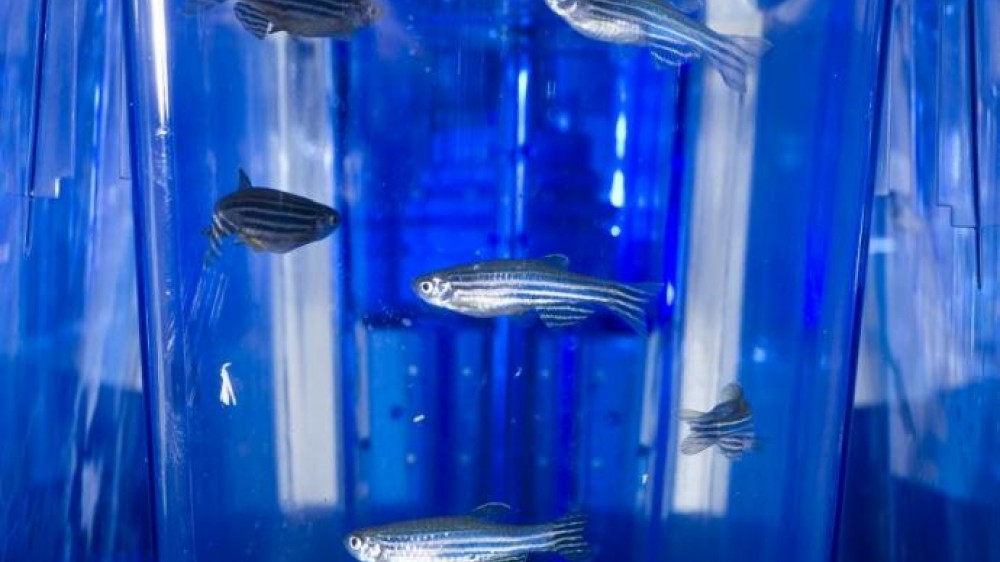We are pleased to announce seven new Project grants awarded to advance the 3Rs in diverse fields.
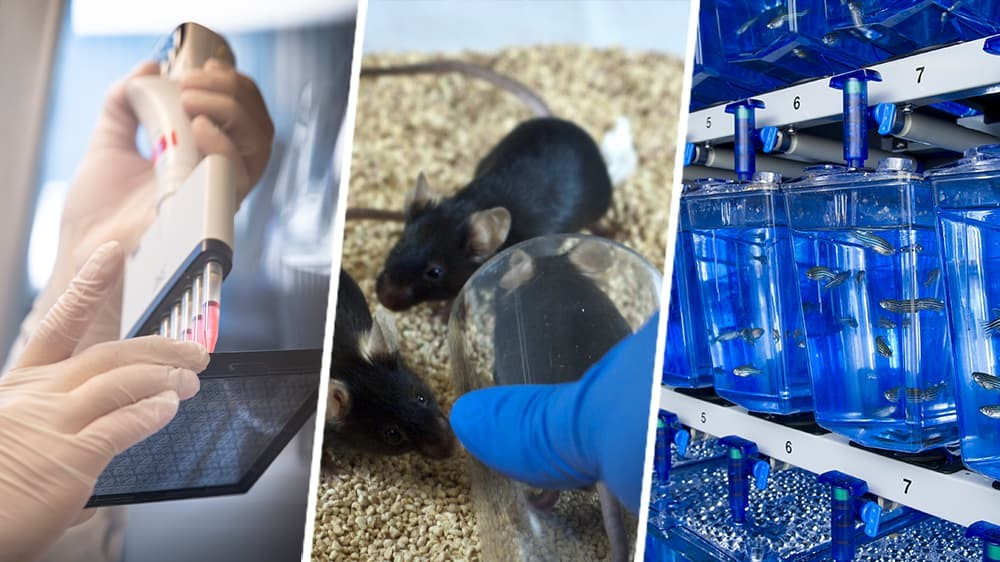
We are pleased to announce seven new Project grants awarded to advance the 3Rs in diverse fields.

A paper co-authored by the NC3Rs and MHRA clarifies the regulatory position.
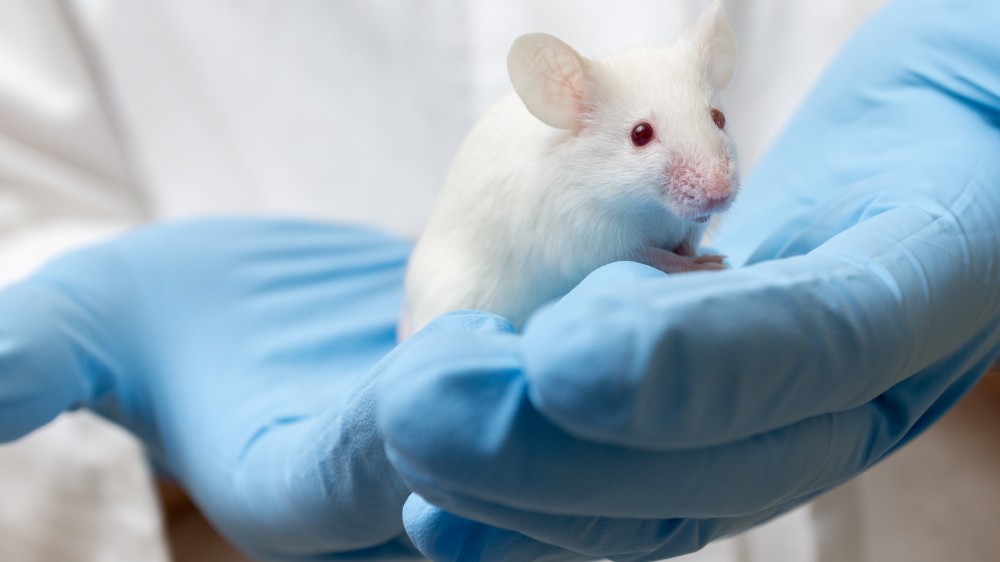
Funding to apply the 3Rs to key areas of animal use in toxicology and environmental risk assessment.

The NC3Rs has launched two online 3Rs self-assessment tools that research groups and institutions can use to collate, track and benchmark their 3Rs activities.

New paper shows social housing is increasingly adopted for dogs, non-human primates and minipigs.
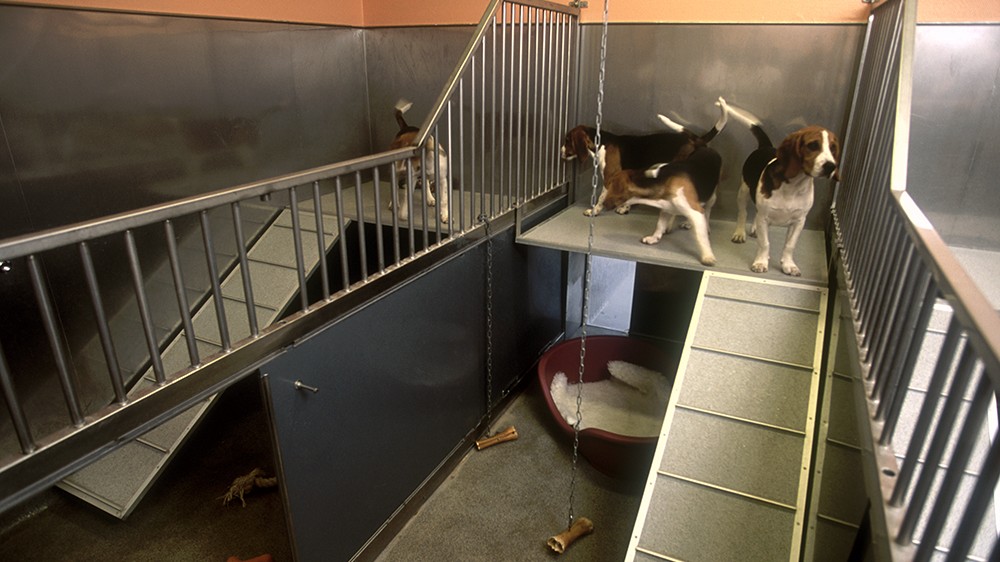
We have made nine awards and committed over £600k in the 2021 Skills and Knowledge Transfer scheme, the largest number of awards funded during the competition’s five years.
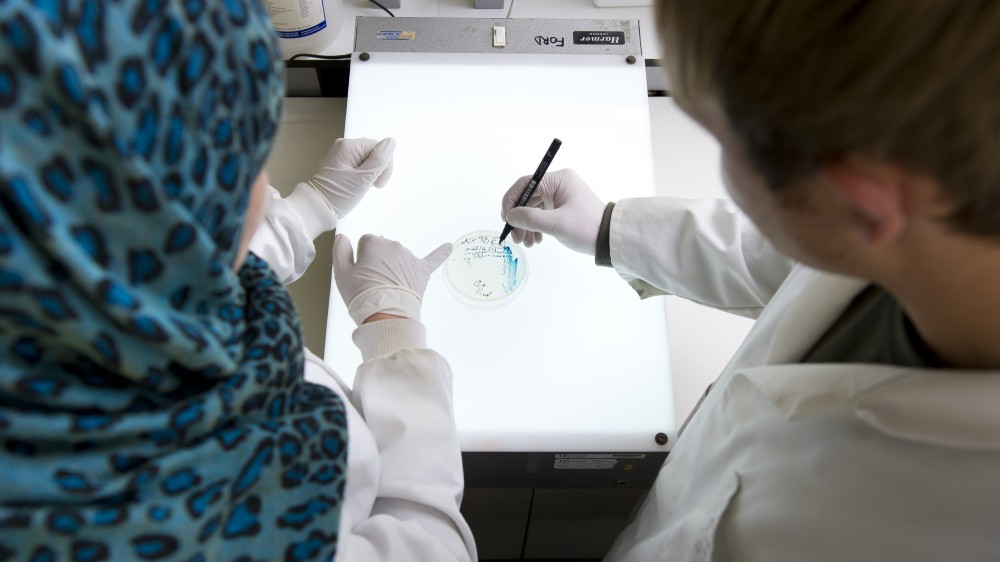
Work on human cerebral organoids that could replace the use of mice in many aspects of neurological research has won the 2020 3Rs Prize, awarded by the NC3Rs and co-funded by GSK.

In this guest blog post Dr Sally Robinson, Director of Animal Sciences and Technologies (UK) at AstraZeneca, explores the role Animal Welfare and Ethical Review Bodies (AWERBs) and other oversight bodies can play in ensuring refinements are put into
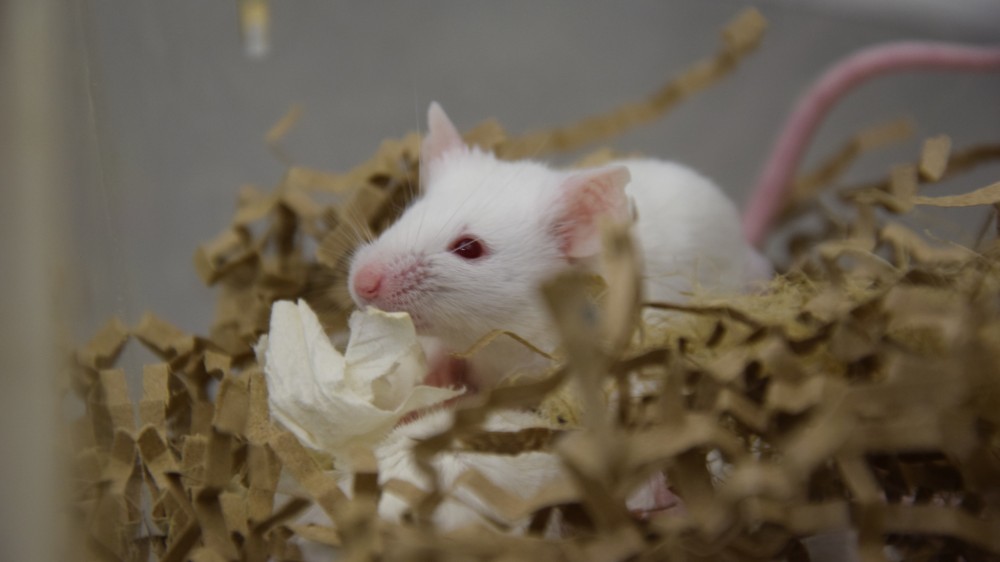
Research by NC3Rs Training Fellow Dr Alexandra Iordachescu published in npj Microgravity provides insight into early bone loss caused by disuse.
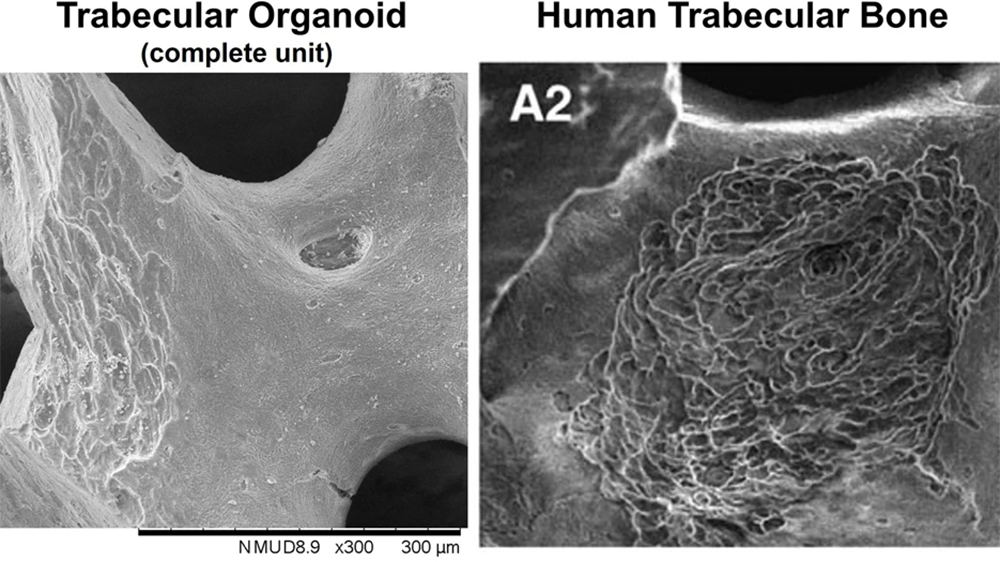
A new review paper co-authored by NC3Rs staff and published in Vaccines sets out opportunities to refine vaccine studies that use non-human primates.
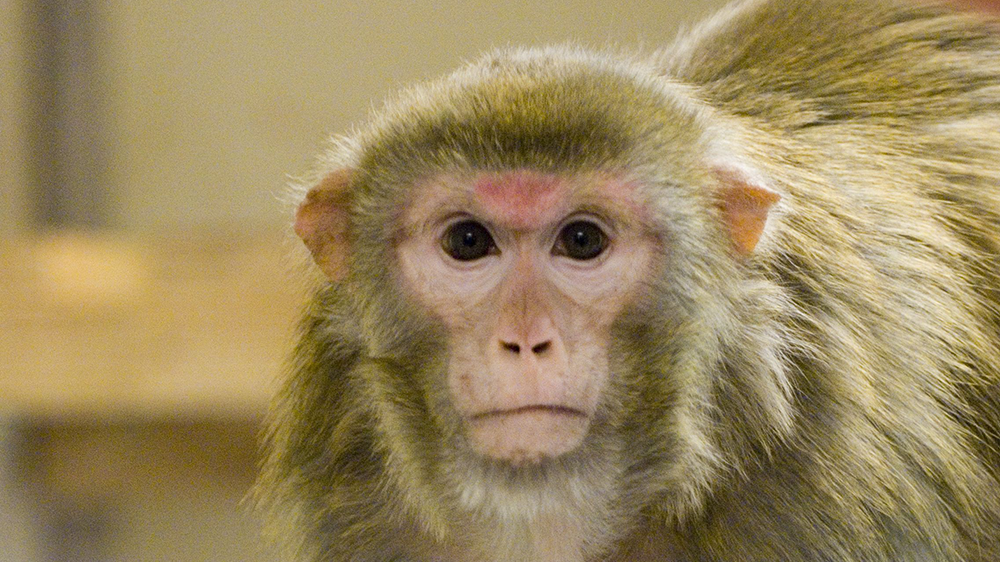
For your NC3Rs funding application to be competitive it must include a strong plan to achieve a lasting 3Rs legacy. But what is a 3Rs legacy, and how do you show a panel you’ve considered yours?
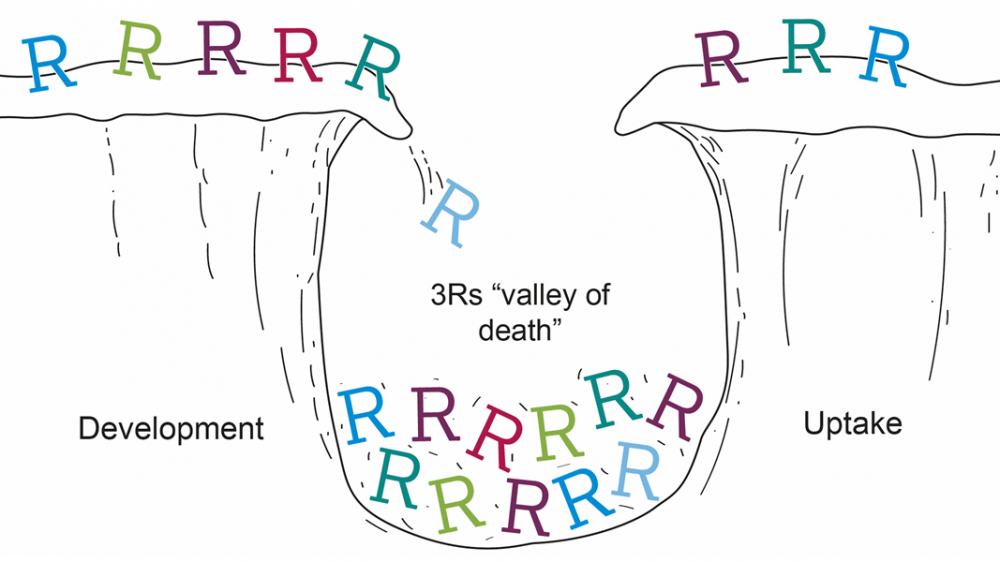
We have recently committed £494k to support four new Training Fellows to acquire 3Rs research experience, with guidance from a dedicated mentor.
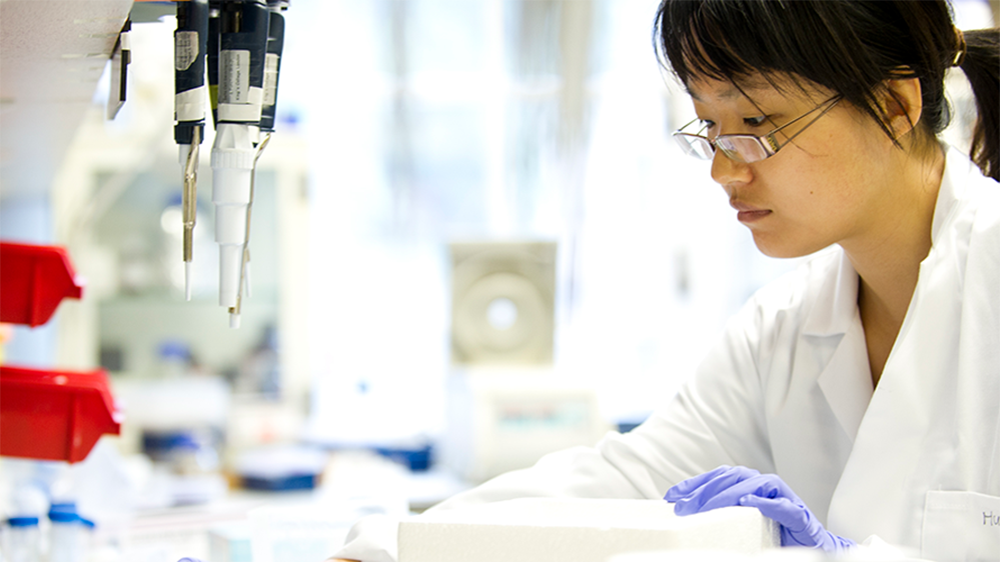
Learn how we will be marking 10 years of CRACK IT throughout 2021.
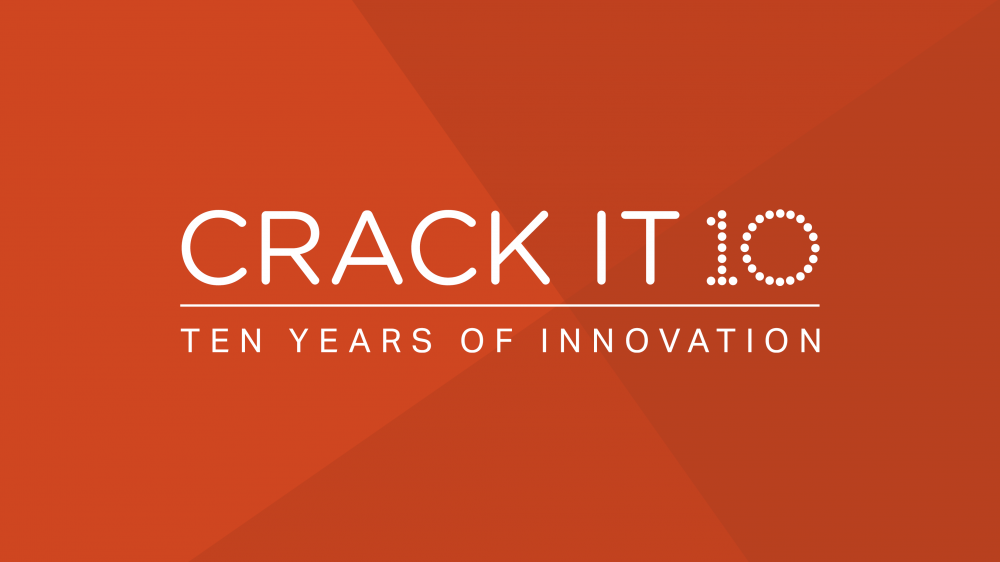
Translations of the revised ARRIVE guidelines are now available in six languages, on the ARRIVE guidelines website.
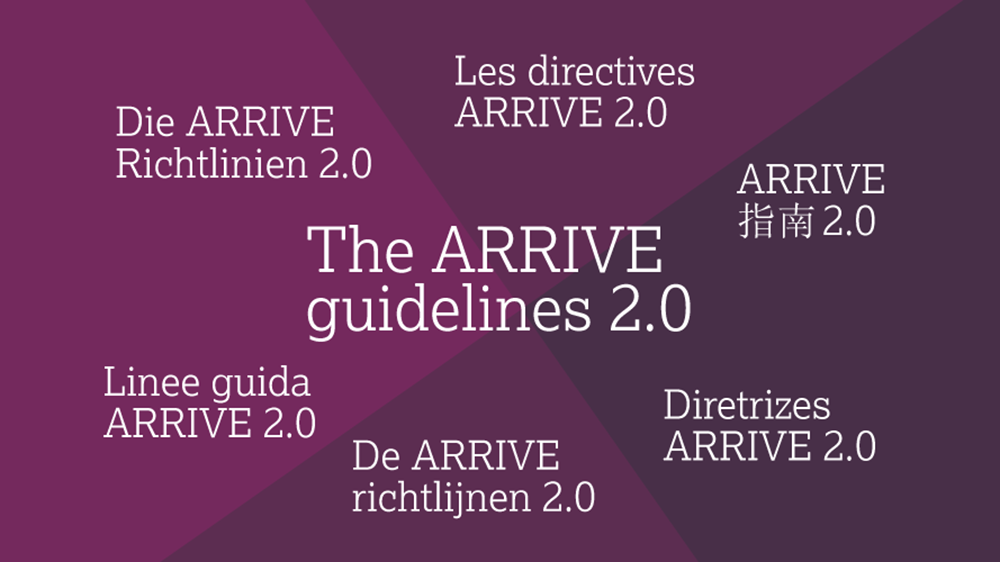
We are pleased to announce that five new members will join the NC3Rs Board from January 2021:

The Rodent Little Brother: Secret Lives of Mice citizen science project, developed by the Mary Lyon Centre at MRC Harwell and the NC3Rs, has been recognised in the 7th Annual Openness Awards organised by Understanding Animal Research.
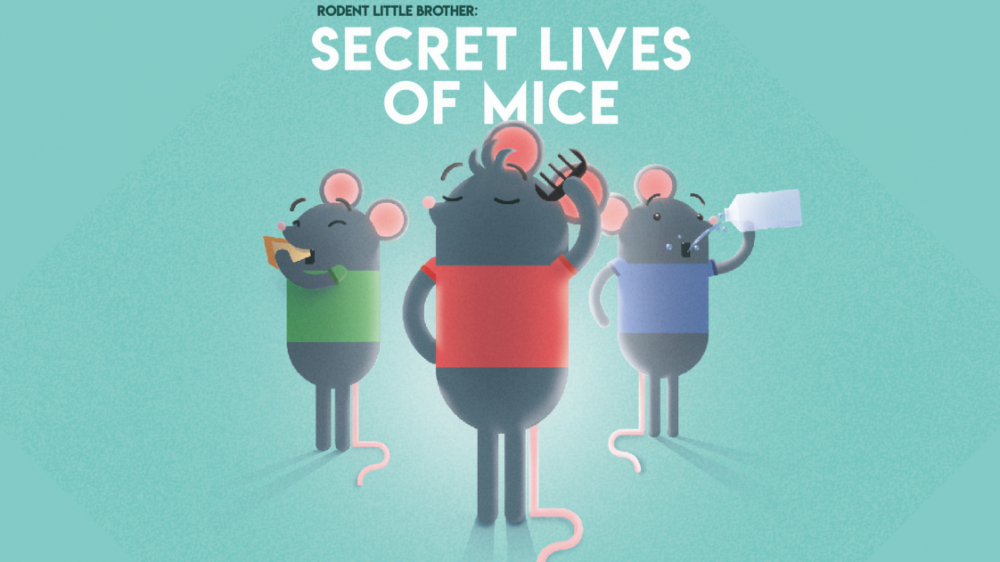
John Waters, Chief Animal Technician at the University of Liverpool has won the Outstanding Technician of the Year award at the THE Awards, widely recognised as the ‘Oscars of the higher education sector’.
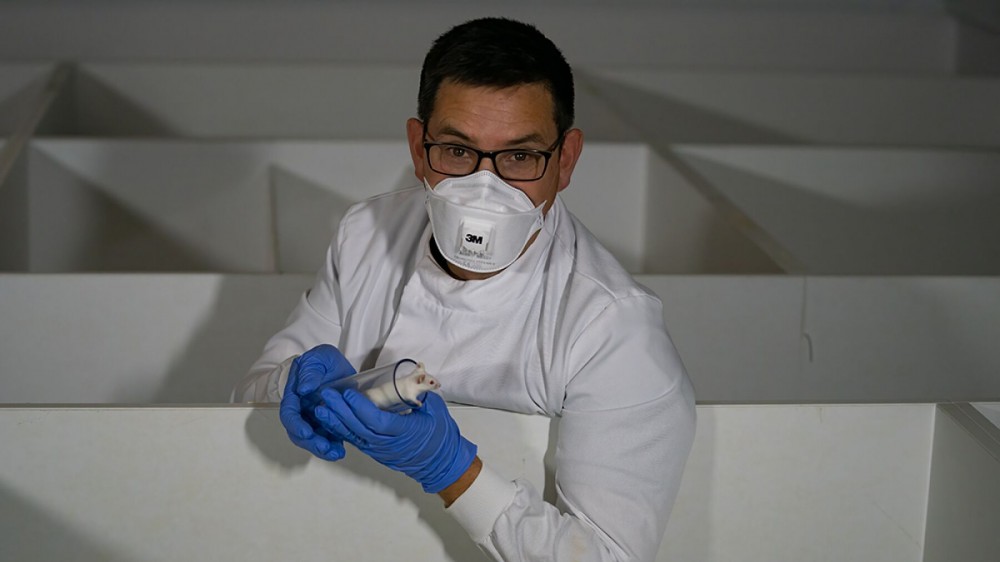
We are pleased to announce we have awarded 13 new PhD studentships totalling £1.17m.
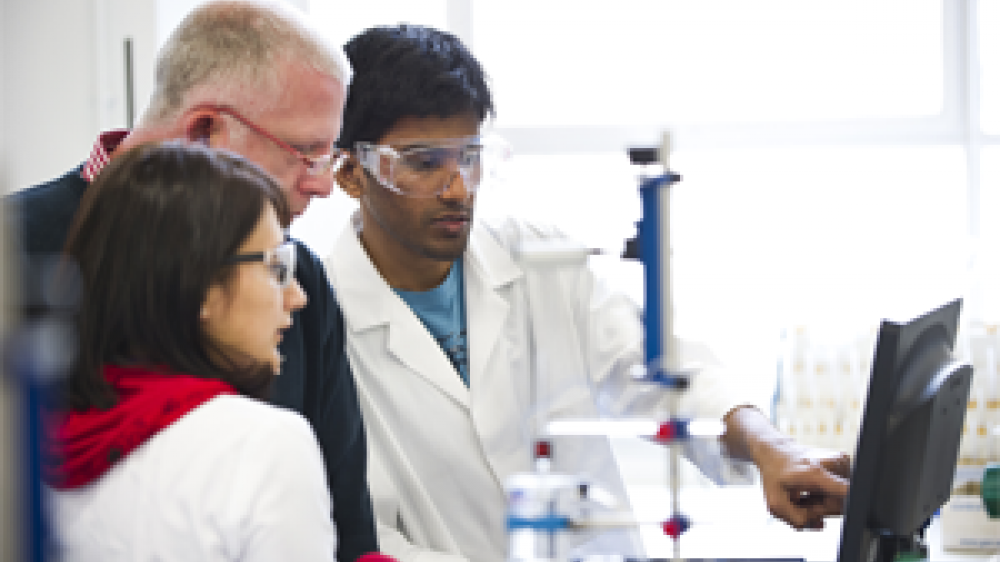
A new paper by NC3Rs David Sainsbury Fellow Dr Riccardo Storchi describes a computational approach to automatically track and record the behaviour of freely-moving mice in 3D.
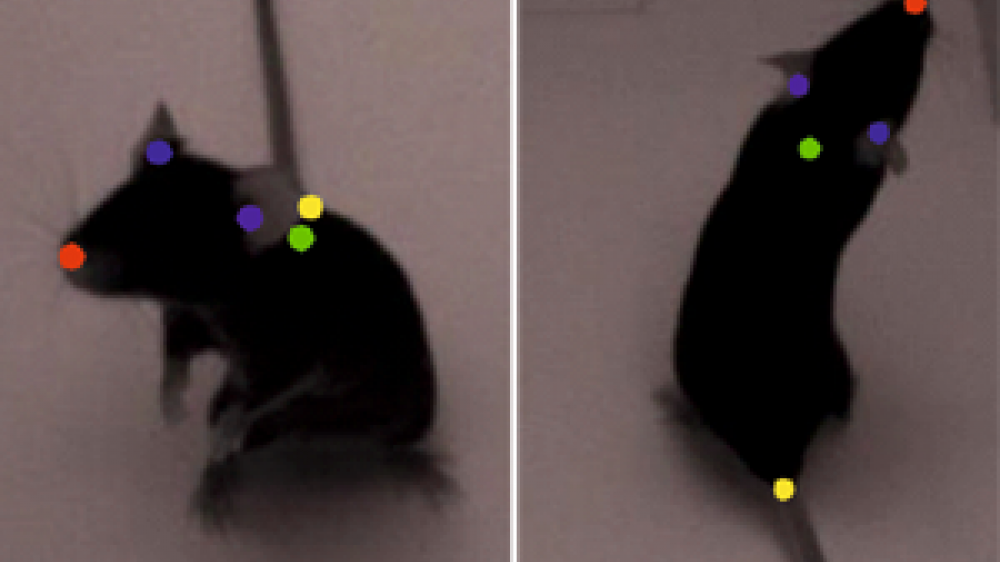
New research published in Scientific Reports demonstrates that skin swabbing provides a less invasive method of DNA collection from small laboratory fish than the commonly used method of fin clipping, with the potential to have a wide impact upon
